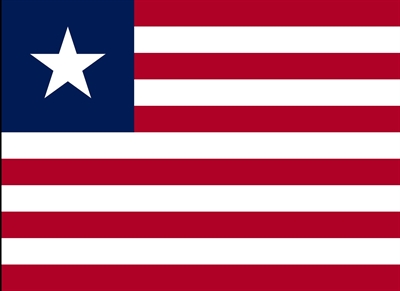Liberia - CEDAW - Women's Rights - July 2009
Country: Liberia
Type: Intl Mechanism Submission
Issues: Accountability , Children's Rights, Gender-Based Violence, International Advocacy, Women's Rights
Mechanism: UN Committee on the Elimination of Discrimination against Women
Life has been very difficult for women in Liberia. Discrimination against women both in law and in practice is pervasive. Deficiencies in the legal system, a reticence to investigate and prosecute certain cases affecting women, and the unavailability of legal assistance hamper women’s access to justice. Furthermore, there is a need to increase public awareness of women’s rights. In practice, few domestic laws and policies realize the principle of equality between men and women. Liberia’s civil law system is patriarchal, and laws are often construed at the expense of women’s human rights. Social attitudes tend to accept sexual crimes against women and children as one of life’s risks.
Liberian women face many challenges resulting from the long-term effects of the conflict. They face challenges in accessing the health care needed to address the physical consequences of sexual violence. The United Nations describes Liberia’s health facilities as among the worst in the world, making it rare that a victim will receive adequate treatment following an episode of sexual violence. The mental health services needed to address these issues are also extremely limited. As Liberia recovers, the health sector and civil society organizations must be strengthened, and they must pay particular attention to the long-term impact of the war on women.
While efforts are resulting in progress for women, there remain many disparities between men and women in Liberian society that harm women. Prevailing cultural, historical, political, legal, and economic forces make gender inequality a daily reality for many women. Many of these conditions existed prior to the conflict and continue today. For example, although some non-governmental organizations and inter-governmental organizations in Liberia currently address violence against women, criminal proceedings against offenders are rare. The lack of prosecutions not only leaves the violence unaddressed, but adds a long-term imprint of impunity.




